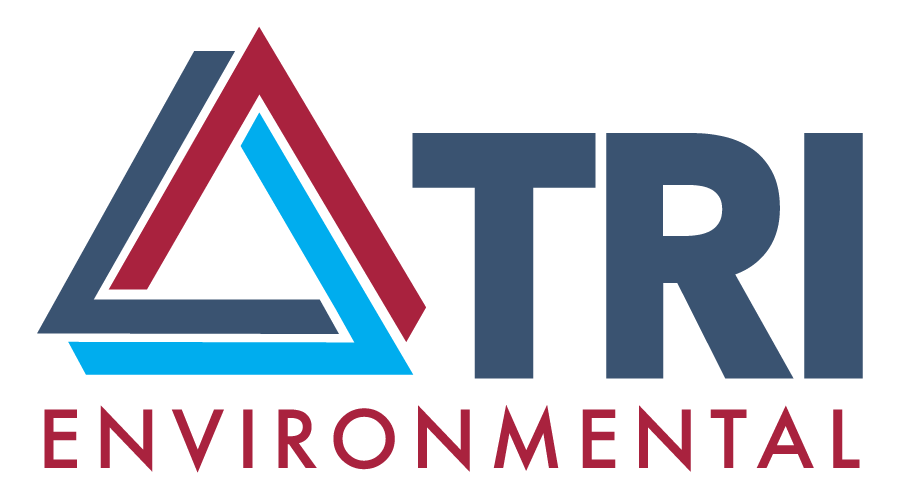
Recycled Plastics: Tests & Capabilities
TRI is well known for its capability to perform advanced research and can help to detect or develop safe custom blends with recycled materials for specific applications with the services listed below:
Custom Blending
We can prepare and evaluated small batches (1 Kg) of pellets in our laboratory using our twin screw extruder to fabricate plaques and use them in tests to determine the effects of specific recycled batches on blend properties. This is useful to optimize the use of recycled materials in a given application.
If one wants to know how two materials will behave when blended, we can make blends of 25, 50, and 75% and measure the resulting properties. Theoretically, one should be able to predict performance based only on the two component’s properties and a knowledge of how different properties change in PE blends. However, experience has shown that in the case of recycled plastics, the blends usually deviate from the predicted lines because of the varied contaminants found in the recycled resins.
Recycled Plastics Projects
| RELEVANT STANDARDS | |
| ASTM F 3181 | Un-notched, Constant Ligament Stress Crack Test (UCLS) for HDPE Materials Containing Post-Consumer Recycled HDPE |
| ASTM F 2648 | 2 to 60 inch Annular Corrugated Profile Wall Polyethylene (PE) Pipe and Fittings for Land Drainage Applications |
| ASTM D5203 | Polyethylene Plastics Molding and Extrusion Materials from Recycled Post-Consumer (HDPE) Sources |
TRI personnel have been involved with polyethylene geosynthetics, including liners and pipe for over 20 years. Involvement with recycled PE occurred when we were awarded a project sponsored by the American Association of State Highway Transportation Officials (AASHTO) and funded through the National Cooperative Highway Research Program (NCHRP) under project 04-32.
Performance and Quality Control of Corrugated Pipe Manufactured with Recycled Polyethylene Content
The purpose of NCHRP Project 04-32 was to determine if recycled polyethylene can be added to corrugated drainage pipe and maintain adequate long-term performance. Initially, 23 different recycled PE samples were obtained and characterized to understand what was available on the recycled market. Then, more than 60 separate blends of virgin and recycled PE were prepared and selected properties evaluated. This resulted in an understanding of the relationships between recycled quality and quantity and the resulting blend properties. The project findings were published in 2011 by NCHRP on Report 696, which is available for free at: http://www.trb.org/Publications/Blurbs/165882.aspx.
Other Projects:
- Determined presence of recycled in a product sold as 100% virgin PE to a municipal engineer.
- Assisted a drainage tile manufacturer to eliminate cold cracking by re-formulating their blends containing recycled material to improve stress crack resistance.
- Helped a manufacturer incorporate recycled resin with high LDPE homopolymer content into their product.
- NCHRP 04-39 currently underway. The objective of this research is to correlate the performance limits and laboratory test results of corrugated pipe produced with recycled HDPE content from NCHRP Project 4-32 with measured field performance.
Capabilities
- Fourier Transform Infrared Spectroscopy (FTIR)
- Differential Scanning Calorimetry (DSC)
- Thermal Gravimetric Analysis (TGA)
- Density
- Melt Flow Rate
- Melt Viscosity (parallel plate)
- Tensile
- Impact
- Stress Crack Resistance
- Photomicroscopy
